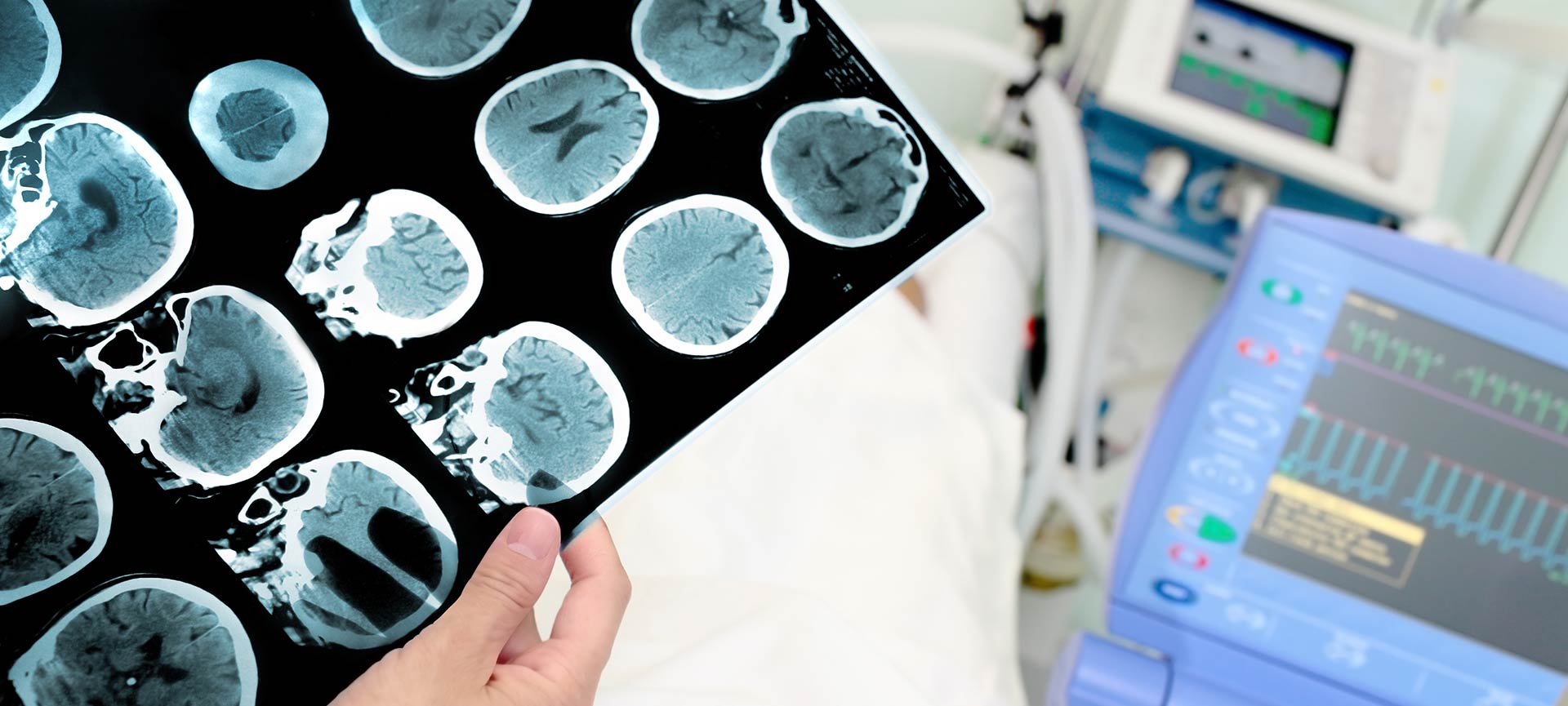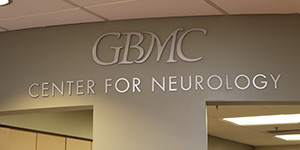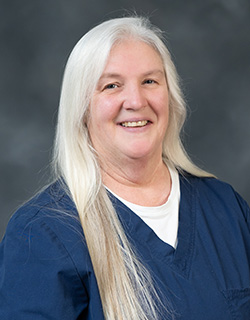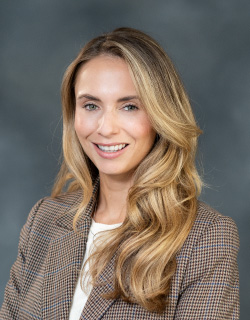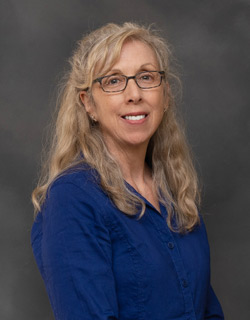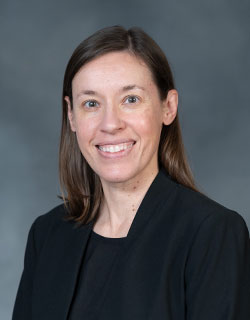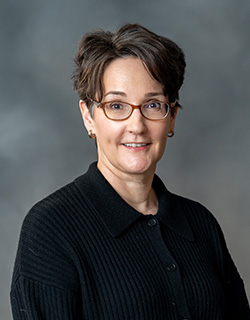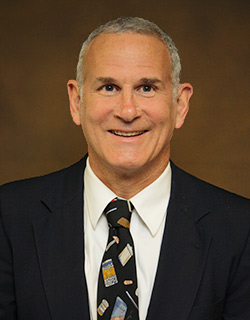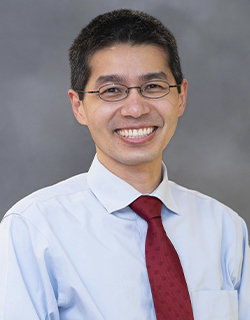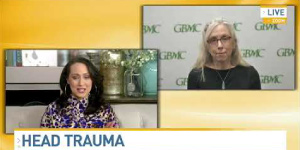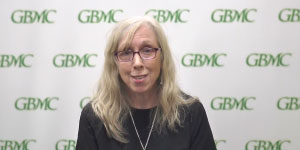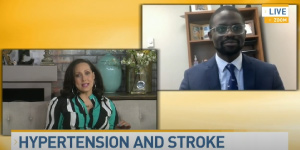The Center for Neurology at GBMC
A focused, disciplinary approach to the diagnosis and treatment of neurological conditions
GBMC's Center for Neurology is equipped to accurately diagnose and treat many neurological conditions, such as migraine headaches, stroke, epilepsy, carpal tunnel syndrome and pinched nerves in the neck and back. Built with convenience in mind, everything needed is available within our Center, including electroencephalography (EEG) for testing electric activity along the scalp to diagnose seizures as well as electromyography and nerve conduction studies for testing electrical activity of the nerves and muscles to diagnose diseases of the nerves and muscles.
Within yards of the facility, patients can receive other radiological services, including magnetic resonance imaging (MRI), often on the same day of their appointment. For added convenience and accessibility, patient parking and handicap spaces are available right outside of the Center. GBMC is designated as a Primary Stroke Center, dedicated to providing evidence-based care for stroke patients and has been recognized for sustained high quality by its nursing and physician teams.
Our Services
The Center for Neurology treats a plethora of neurological conditions, such as epilepsy, Parkinson’s disease, fainting/dizziness, nerve disorders, muscular disorders, and brain and spinal disorders. The expert team provides services including:
- Neurological Consultation
- Outpatient Post-Stroke Care
- Electromyography (EMG)
- Electroencephalogram (EEG)
- Nerve Conduction Study (NCS)
- Botox Injections for Migraines

Uncovering the Source of headache pain
A sufferer of arthritis, Christine expects a certain amount of pain from day to day. But when pain in her neck started causing progressively worse, excruciating headaches, she decided to reach out for help.
The Primary Stroke Center at GBMC
According to the American Stroke Association, stroke is the 4th leading cause of death in the United States. On average, a stroke occurs every 40 seconds in America, and every four minutes, someone dies from a stroke. Recognizing the prevalence of stroke in the community, the Primary Stroke Center at GBMC provides care to patients who have had a stroke or Transient Ischemic Attack (TIA).
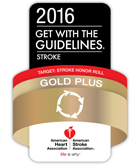
GBMC's Advanced Certification for Primary Stroke Centers, awarded by The Joint Commission in conjunction with the American Heart/American Stroke Association, demonstrates that it meets critical elements of performance to achieve long-term success in improving outcomes for stroke patients. Additionally, GBMC is recognized as a Primary Stroke Center by the Maryland Institute for Emergency Medicine Services Systems (MIEMSS).
The Primary Stroke Center at GBMC is ranked as one of the hospitals in Maryland with the highest stroke survival rates for inpatient stay, 1 month post-discharge and 6 months post-discharge based on data provided by the Centers for Medicaid and Medicare (CMS) Services. The Primary Stroke Center has also earned the Gold Plus Achievement Award by the American Heart/American Stroke Association, an honor that represents sustained high quality by nursing and physician teams.
Learn more about our stroke center
Recognizing the signs of a stroke
Recognizing a stroke early and immediately calling 911 is critical to a person's outcome. So, when it comes to stroke, remember to think F.A.S.T. and use the following acronym provided by the American Stroke Association to quickly identify stroke symptoms in yourself or others:
- Face drooping: Does one side of the face droop or is it numb? Ask the person to smile. Is the person's smile uneven?
- Arm weakness: Is one arm weak or numb? Ask the person to raise both arms. Does one arm drift downward?
- Speech difficulty: Is speech slurred? Is the person unable to speak or hard to understand? Ask the person to repeat a simple sentence, like "The sky is blue." Is the sentence repeated correctly?
- Time to call 911: If someone shows any of these symptoms, even if the symptoms go away, call 9-1-1 and get the person to the hospital immediately. Check the time so you'll know when the first symptoms appeared.
Other stroke symptoms come on suddenly and include confusion, trouble speaking or understanding, trouble seeing in one or both eyes, trouble walking, dizziness, loss of balance or coordination; and severe headache. Download our infographic so that you can always remember the signs to look for.
